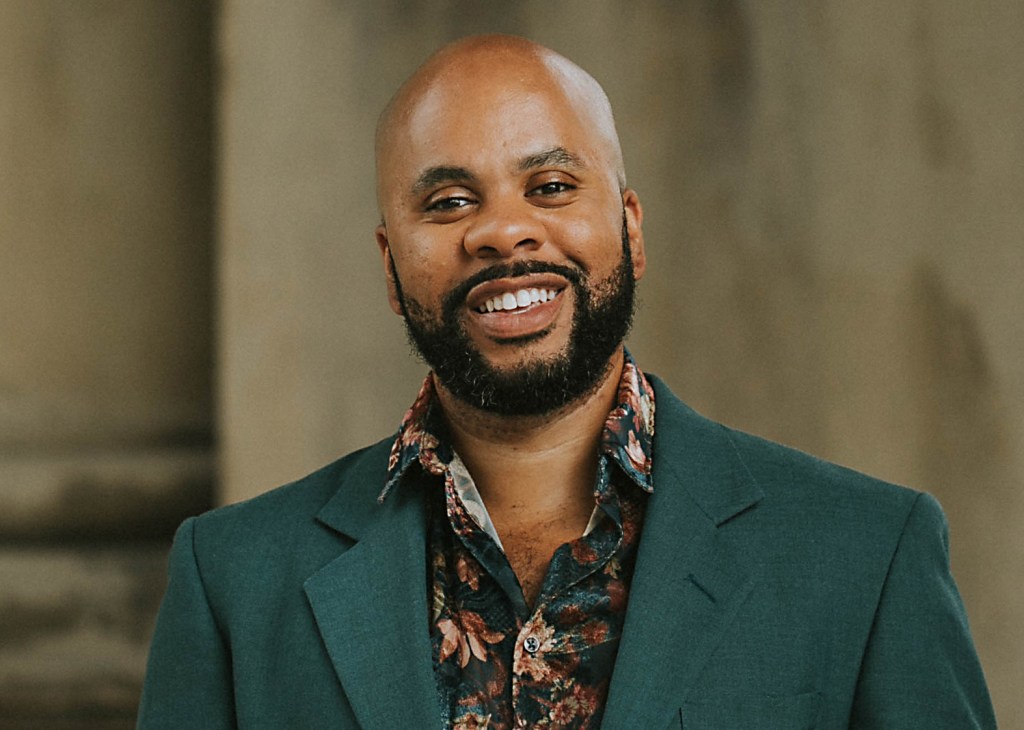Dear Eric: I was a latch-key kid in the ’70s, no father, working mom of three kids. No one was ever there to read me a story, watch me make a basket or catch a ball. I now have a 7-year-old girl. I thrive watching her in her weekly two-hour gym class and Girl Scout meetings, where I am a troop leader. I see most parents focused on their cellphones during these activities and it makes me sad for the kids.
My issue: A Girl Scout dad engages me constantly during troop meetings, telling me about the latest horror of his ugly separation and upcoming divorce, usually within earshot of the kids. I offer simple responses to give him the message that I am busy watching my kid and not interested in the drama. I say: “Wow,” “that’s awful,” or “sorry to hear that,” all while keeping my eyes on the kids. He hasn’t gotten the message. Aside from his bad “ex etiquette,” how do I get this guy to leave me alone? All I want to do is watch the kids interact and have fun. People being people, I feel that saying anything at all will cause trouble.
— Not Interested
Dear Not Interested: You’ve found a beautiful and deeply impactful way of giving your daughter the things that you didn’t get as a child. I hope it continues to be a rewarding and healing relationship. And I understand why this other father’s behavior is causing so much strife. This guy is going through a tough moment, and it seems like he needs an ear. That’s no crime; it’s relatable. But he needs to choose a better moment.
You don’t have to parent another parent here, but clear redirection is necessary. Try speaking with him before or after a meeting. Tell him what you’ve noticed and suggest an alternative that will help you both better serve the troop. “It’s really important for me to give my full attention to what’s going on with the scouts in these meetings. Sometimes you’ll tell me stories and it pulls me away. I don’t want to be rude, so can we keep the conversation focused on the troop while we’re in here?”
You can even be more direct by telling him that you don’t think it’s appropriate to talk about his divorce within earshot of the kids. As you said, people are people, and he may be affronted by this. Respectfully, that’s not something you can control or fix. You can set a good example, tend to your side of the street and make it clear what you’re asking of this relationship. If he can’t or won’t respect that, that’s on him. By remaining focused on what you’re there to do, you’re helping yourself, your daughter, his daughter and setting a good example for him.
Dear Eric: I’ve been dating my boyfriend for roughly two years. We took a break because he hadn’t told his grown daughters he was dating. I asked that he do that for us to move forward in our relationship because I didn’t want to be a secret. So, he did tell them. His 24-year-old was accepting, according to him. The 27-year-old was not happy and said she had past trauma from his last relationship and that she had started therapy three weeks prior to him telling her he was dating. She told him she needed space from him to work on those past traumas.
He lost his first wife to cancer (the daughter’s mother). He remarried two years later because he was trying to have a mother figure in their lives because they were teenagers at the time of their mother’s passing. How can he and I move forward to what could be marriage if his daughter doesn’t come around to talking to him or approving of him being with me?
— Kind of Stuck
Dear Stuck: It’s important to let her work through whatever she needs to work through. You can be encouraged by the fact that she communicated her needs clearly to her father and that she’s already in therapy. Those are some of the building blocks of a healthy relationship. So, don’t try to prod her or speed up the process. It will take the time it takes.
In the interim, however, I think it’s important that you and your boyfriend start pre-marital therapy. There are a few things that might create stumbling blocks for you, and this is a great time for you to explore them. For instance, you may already know what aspects of his past relationships were traumatic for his daughters, but a therapist can help you both process them and come up with new strategies so that the relationship you build with each other and with his daughters is healthier and happier.
(Send questions to R. Eric Thomas at [email protected] or P.O. Box 22474, Philadelphia, PA 19110. Follow him on Instagram and sign up for his weekly newsletter at rericthomas.com.)


